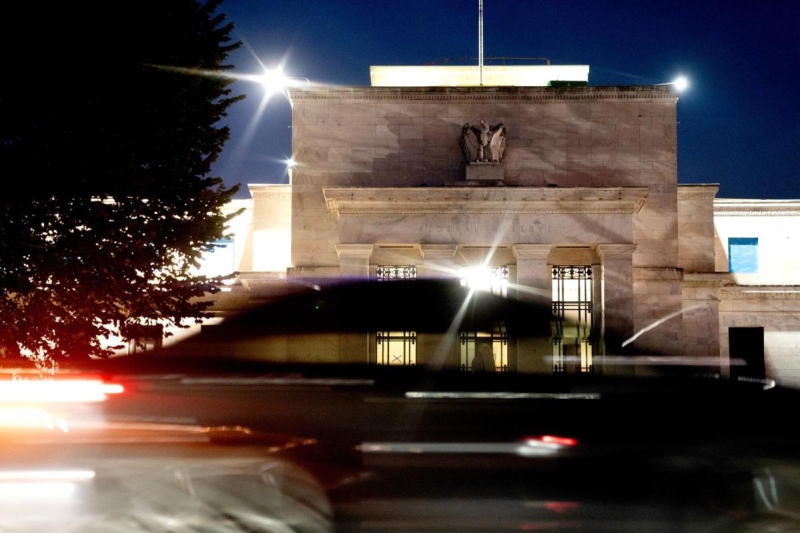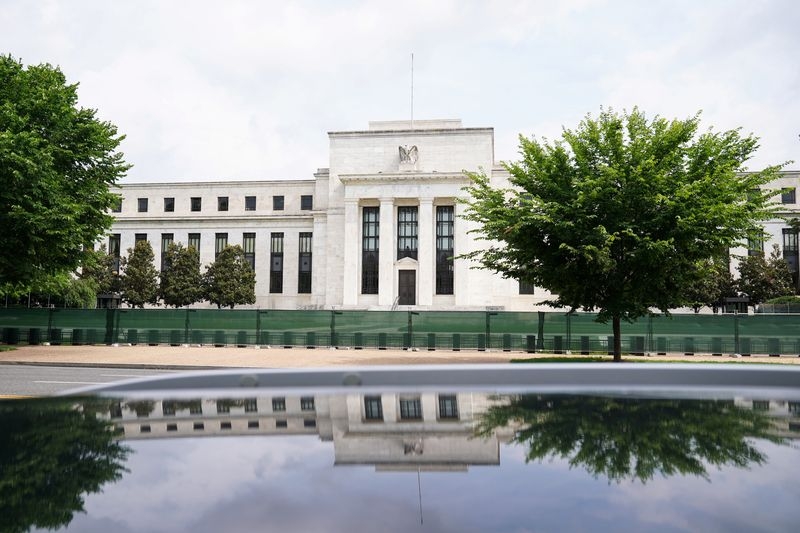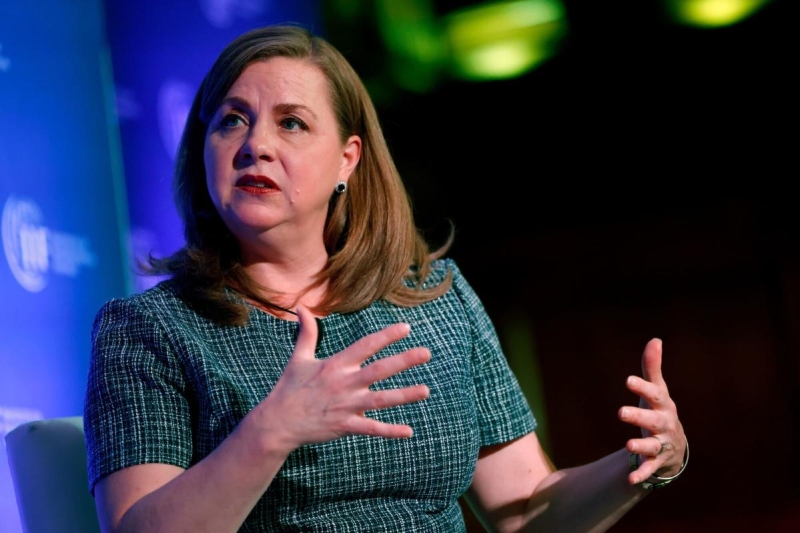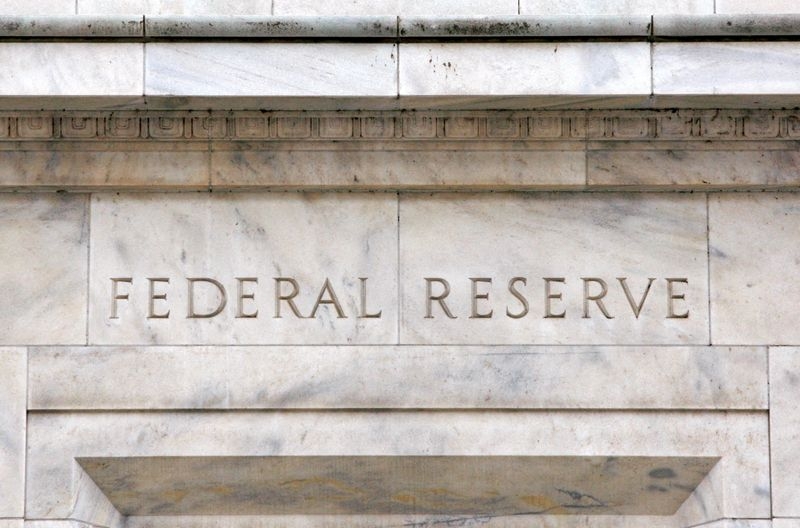
In 2021, Congress passed an emergency measure to save the U.S. Commodity Futures Trading Commission (CFTC) Whistleblower Program from financial collapse. This measure is set to expire at the end of September, threatening to shut down a program which plays a critical role in policing corruption and fraud.
The CFTC Whistleblower Program’s financial crisis is due to its own success. In setting up the program, Congress placed a cap on the amount of money which could be in the fund used to finance the program, including both paying the expenses of the Whistleblower Office and paying out whistleblower awards. Only $100 million is allowed to be placed in the fund, which is entirely financed by sanctions collected thanks to the whistleblower program.
Thus, while the CFTC Whistleblower Program has directly led to over $3.2 billion in sanctions, only a fraction of that money has been placed in the CFTC Whistleblower Program’s fund. Under the CFTC Whistleblower Program, qualified whistleblowers are eligible for monetary awards of 10-30% of the sanctions collected in the enforcement action aided by their disclosure. The large sanctions being collected due to the whistleblower program therefore result in large payouts to whistleblowers.
It is these large sanctions and corresponding large awards which are threatening the program. Given the cap on the program’s fund, a large award could completely drain the balance of the fund.
In 2021, CFTC officials and whistleblower advocates raised concerns to Congress that the funding crisis could cause the CFTC Whistleblower Office to shut down. Recognizing the consequences of this, Congress passed an emergency measure which created a separate account to fund the Whistleblower Office. This meant that even if the award fund was depleted by a large award, the program could continue to function.
This measure is set to expire at the end of September, meaning that the CFTC Whistleblower Program is once again facing a funding crisis which could lead to its collapse. Congress must swiftly act again in order to save the program.
“Whistleblowers play a critical role assisting the CFTC be a strong cop on the beat. Much of our Division of Enforcement’s success is tied to the strength of our Whistleblower Office,” said CFTC Chairman Rostin Behnam back in February.
In June, Behnam also told the Senate that “the overwhelming success of the Whistleblower Program has unintentionally led to the potential for disruptions in these two vital offices due to their funding mechanisms.”
When Congress placed the cap on the CFTC Whistleblower Program’s fund back in 2010 it seemed like a fair number. The agency was little known and the great success of whistleblower award programs was not as well established.
Since then, however, the CFTC has greatly expanded as a critical law enforcement agency, thanks in large part to whistleblowers. In recent years the agency has levied massive sanctions against major global entities such as the world’s three largest oil traders, Vitol (a Dutch oil trader; $130 million sanction), Glencore (a Swiss oil trader; $1.2 billion sanction), Trafigura, (a Singapore oil trader; $55 million sanction), and the world’s largest crypto exchange, Binance ($4 billion), to name a few.
According to the CFTC, approximately 30% of the agency’s enforcement actions involve whistleblowers. The collapse of the whistleblower program would be dire for the agency’s enforcement efforts and the United States’ anti-corruption efforts more broadly.
National Whistleblower Center is calling on Congress to immediately pass an emergency measure to save the CFTC Whistleblower Program and has set up an Action Alert allowing the public to urge their elected officials to do so as well.
Geoff Schweller also contributed to this article
Copyright Kohn, Kohn & Colapinto, LLP 2024. All Rights Reserved. For more news on saving the CFTC Whistleblower Program, visit the NLR Criminal Law Business Crimes section.






